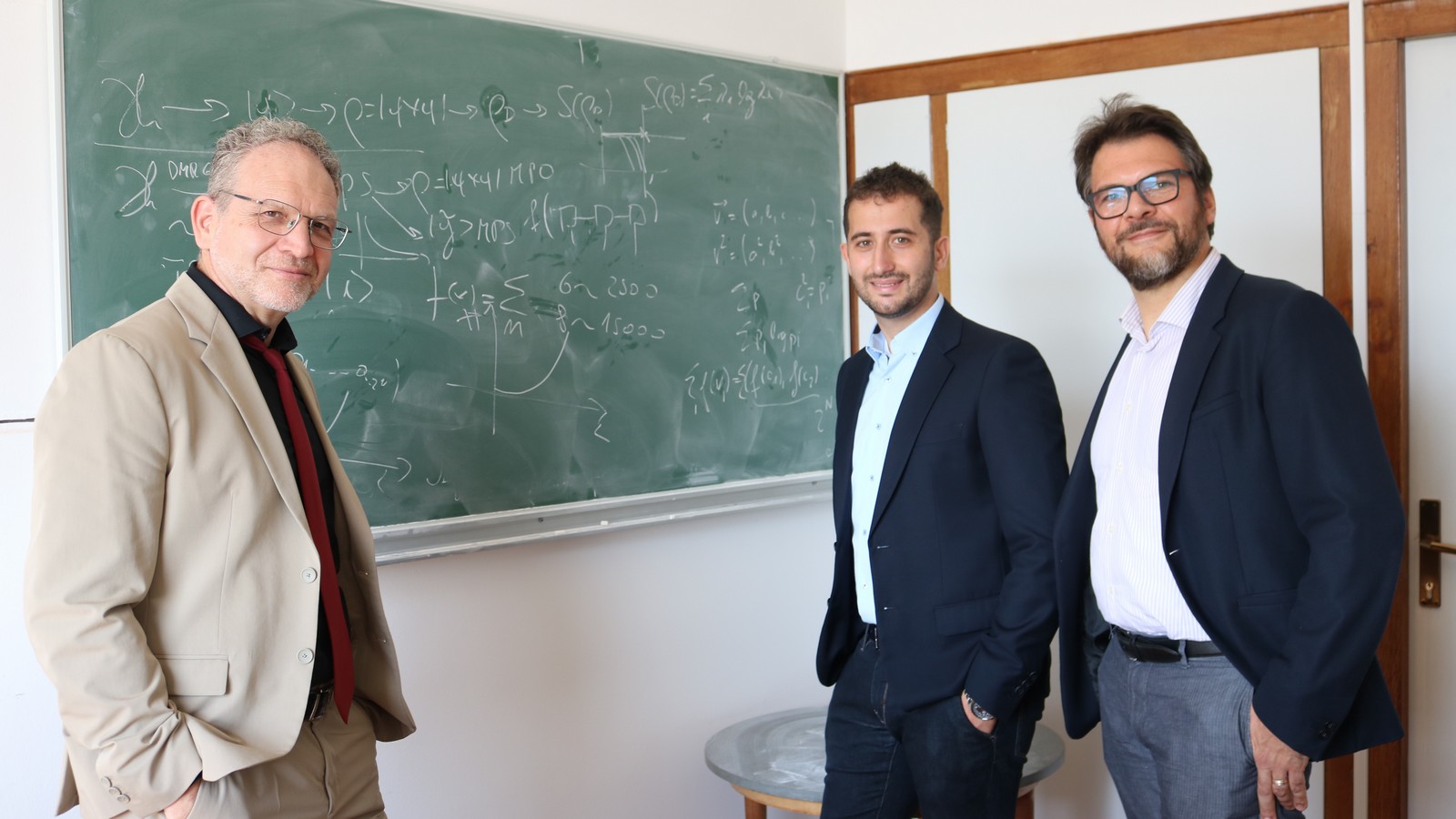with quantum batteries is managing decoherence, as inevitable interactions with the surroundings cause a loss of energy from the system. The researchers measured the battery performance using a concept called ergotropy, which refers to the maximum amount of useful energy the system can provide. The higher the ergotropy, the more effective the battery is in delivering usable energy.
But what does it mean that batteries are frustrated?
One of the key findings involved a phenomenon called topological frustration. In physics, not unlike real life, a system is said to be frustrated when it cannot accomplish everything it would like to do. In this case, the battery would like for all neighboring spins to point in opposite directions but, by closing the chain into a loop with an odd number of spins, this is impossible and the battery becomes topologically frustrated. The team discovered that in this way the battery became more efficient. For quantum systems, "frustration" is not undesirable, to the contrary it makes the battery more adaptable and able to withstand energy loss, making it more stable and effective overall by increasing its ergotropy.
The team also explored how the quantum battery can release its stored energy. They found that only the "frustrated" spin chain configuration could transfer energy as useful work, rather than just heat. This ability to efficiently discharge energy is crucial for practical applications of quantum batteries.
Moving Toward Real-World Applications
One promising aspect of this research is its potential for real-world testing. The authors suggest that the quantum battery could be realized using Rydberg atoms, which are already being studied for their quantum properties. This brings the battery design closer to experimental validation and eventual use in future technologies.
"As we look toward the development of technologies like quantum computers, which need precise and efficient energy management, finding reliable ways to store and transfer energy at the quantum level is essential. Our work lays some of the groundwork for future applications of quantum batteries in these advanced systems," said Fabio Franchini, the study’s corresponding author.
These results provide important insights into how quantum batteries can be developed to improve energy storage, particularly for technologies that demand fast and efficient energy transfer.
The core of this work was conducted at RBI, and its acceptance for publication in the prestigious PRX Quantum is a testament to the readiness of the Croatian system to meet the opportunities and challenges of the advancing quantum revolution. The research, however, was primarily funded externally, in the form of a European Marie-Curie fellowship.


